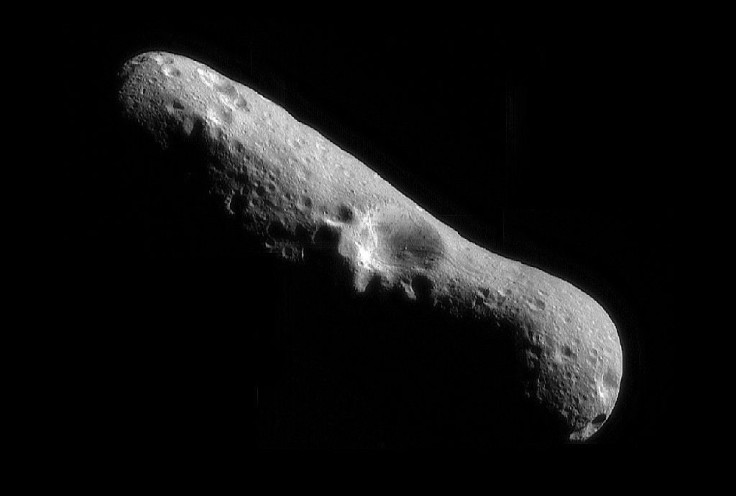Study Reveals Water In Near-Earth Asteroids Could Fuel Spacecraft

A study revealed that water in asteroids that orbit near Earth can be extracted and turned into fuel for satellites and spacecraft. The findings of the study indicated that asteroids are more practical sources of water in space than the Moon.
One of NASA’s proposed activities in its upcoming mission to the Moon is to mine the ice water located in the lunar poles. According to the agency, the hydrogen from the water in these regions can be extracted and turned into fuel.
However, a recent study suggested that it would be more practical to mine water on asteroids than on the Moon. According to the study’s co-author Andrew Rivkin of the John Hopkins University Applied Physics Research Laboratory in Maryland, there are about a thousand asteroids near Earth that are rich in water. He noted that many of these asteroids contain ice water mixed with rocks.
Rivkin explained that the combined water from these asteroids can fill up around 320,000 Olympics-sized swimming pools, which is significantly greater than the amount of water on the Moon’s poles.
“Most of the hydrated material in the near-Earth population is contained in the largest few hydrated objects,” Rivkin told Space.com.
In addition, since asteroids are smaller than the Moon, they have less gravity. These means a water-mining spacecraft can easily land and take off from asteroids compared to the Moon.
By successfully creating fuel from water in asteroids, space agencies will be able to refuel satellites and spacecraft while in space. Rivkin pointed out that this is a more practical and cost-effective solution than transporting fuel from Earth.
“It’s easier to bring fuel from asteroids to geosynchronous orbit than from the surface of the Earth,” Rivkin said. “If such a supply line could be established, it could make asteroid mining very profitable.”
Establishing a space-based refueling station will certainly be beneficial for long-term spacecraft missions. In addition, this can also minimize the accumulation of debris in low-Earth orbit since one of the most common reasons why satellites stop functioning in space is fuel depletion.
Rivkin’s findings were presented in a study published in the Journal of Geophysical Research: Planets.
© Copyright IBTimes 2024. All rights reserved.





















